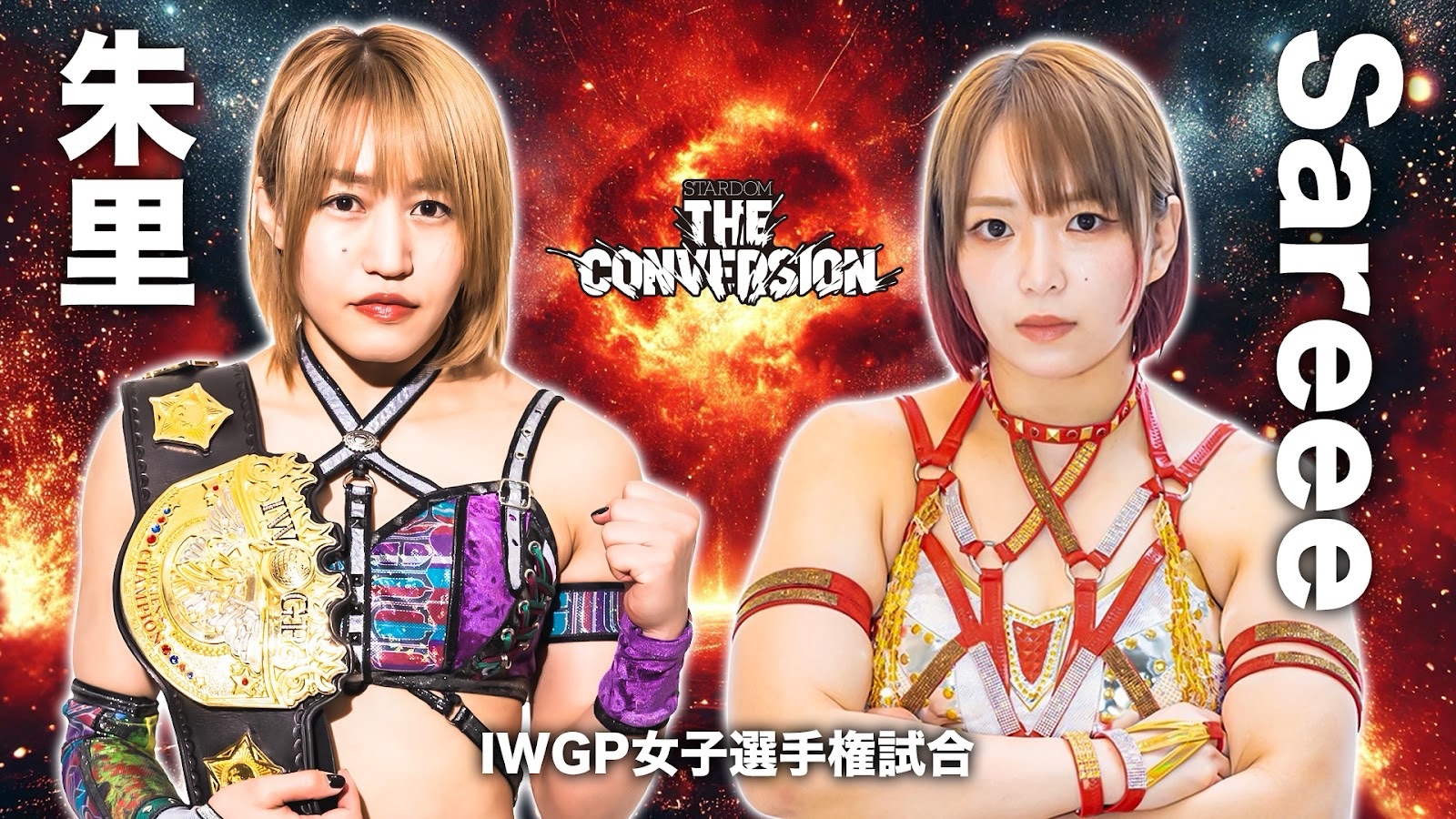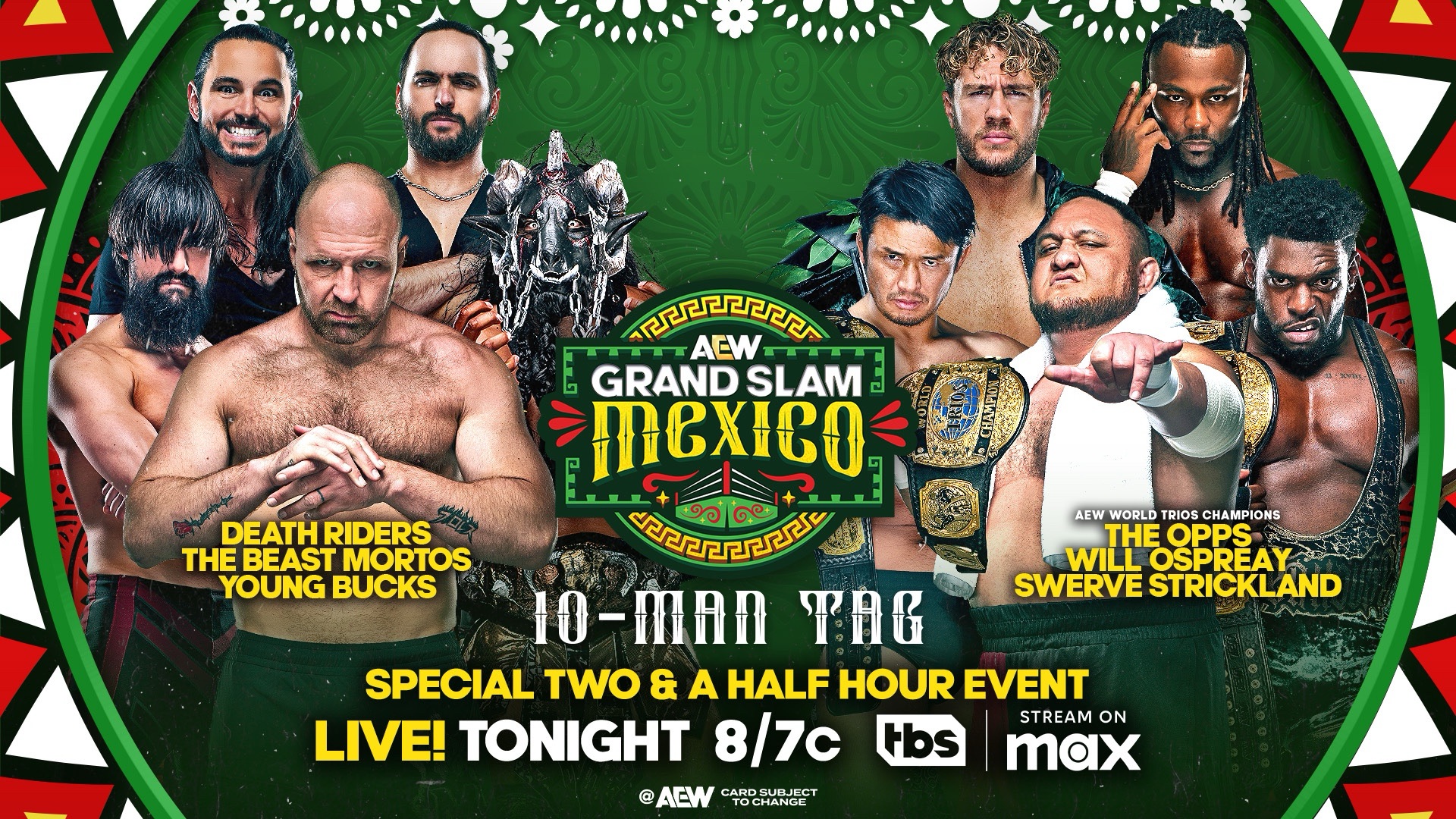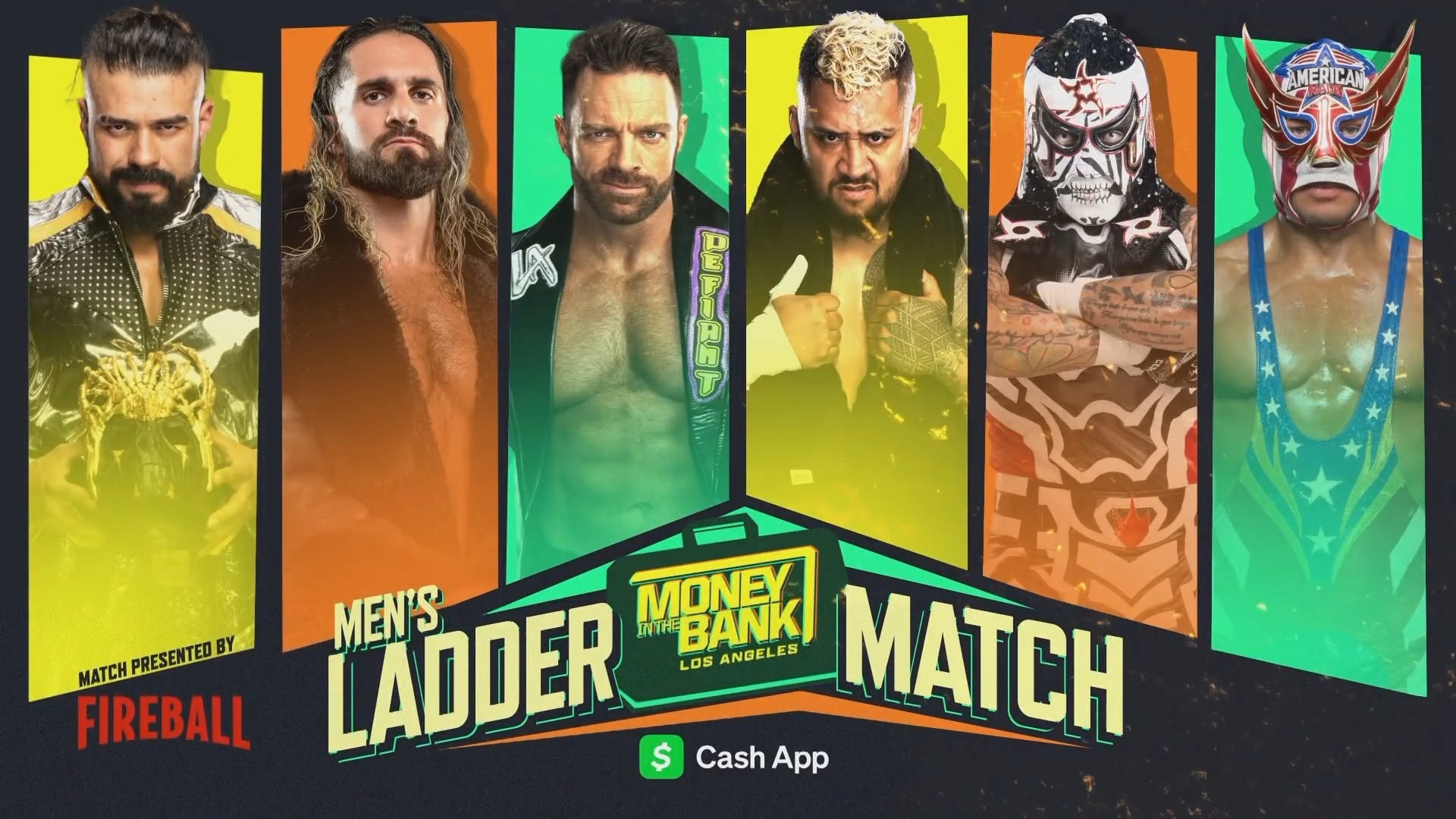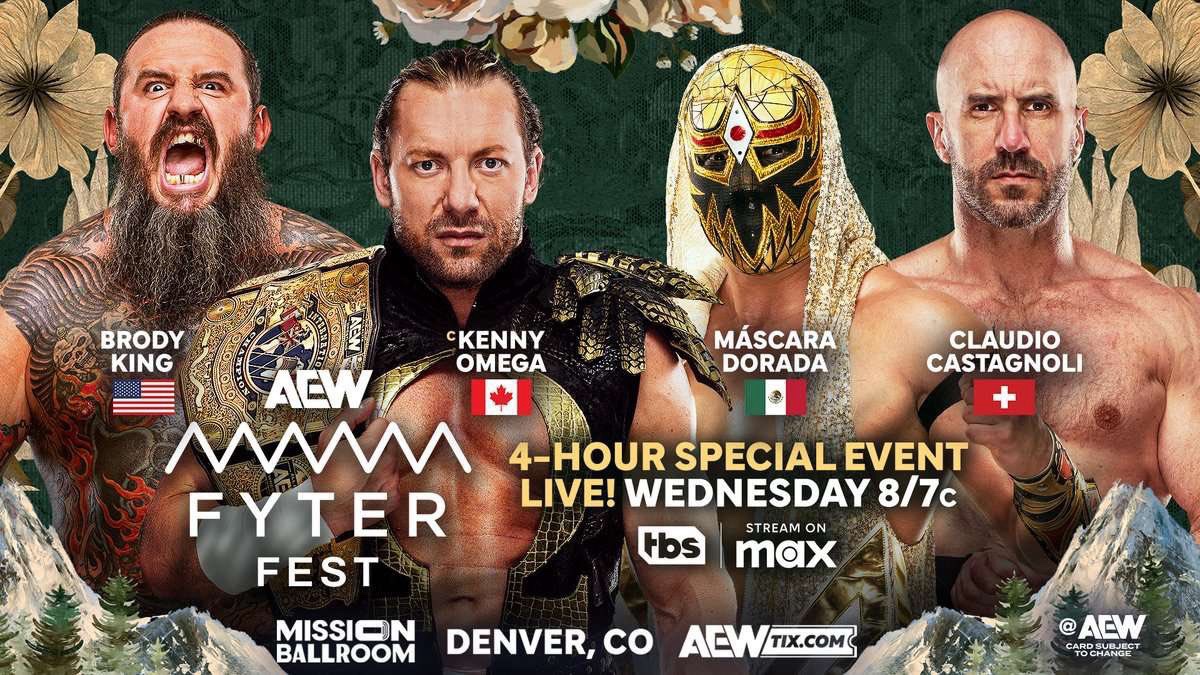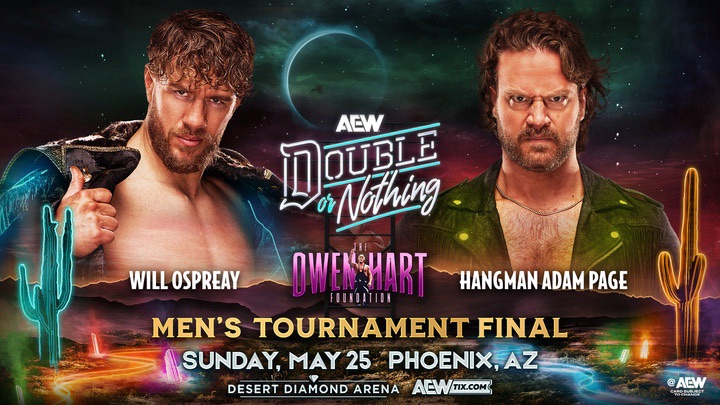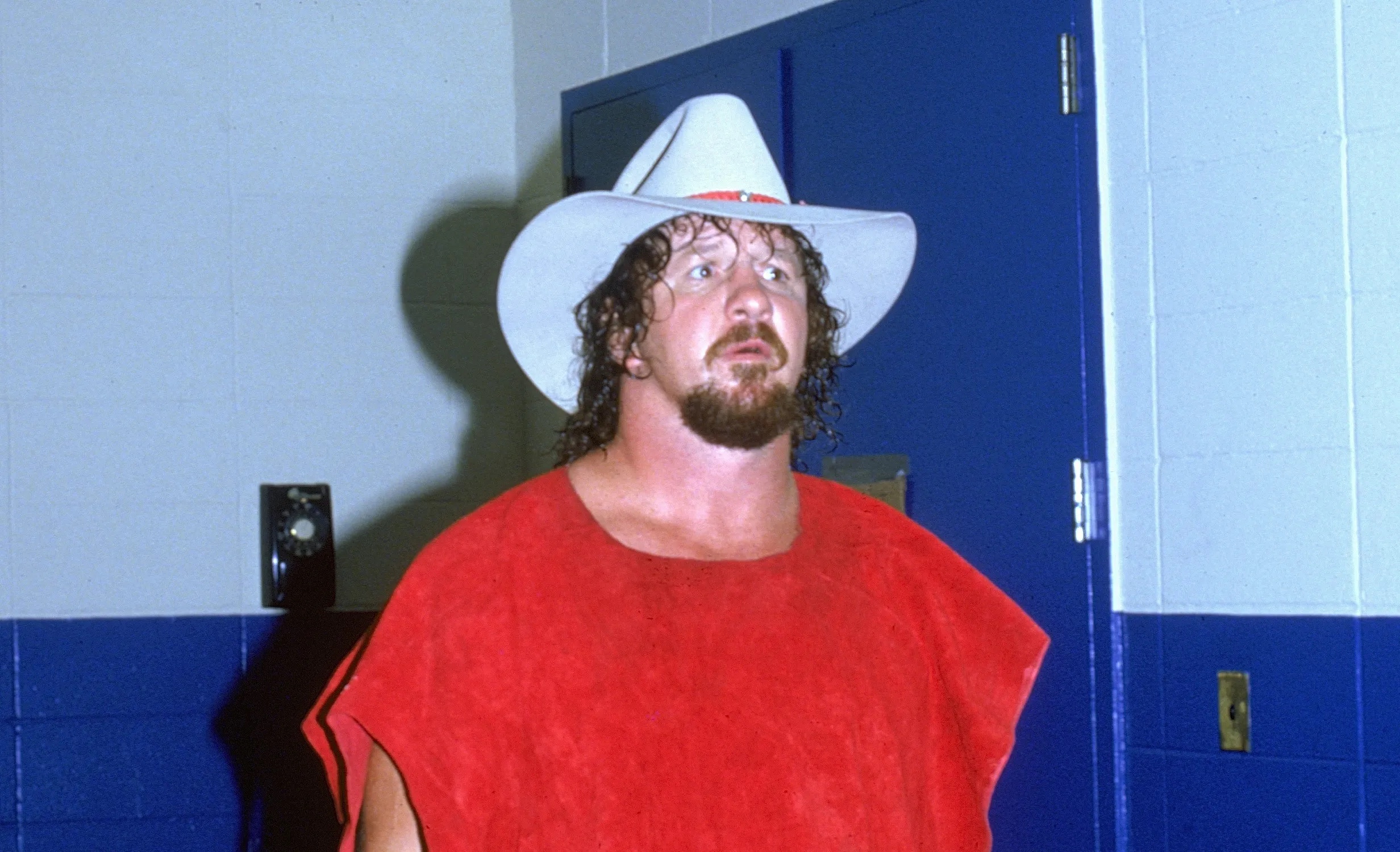
Terry Funk is pro wrestling.
Among Funk admirers, that’s a common sentiment, the simplest way to embody what he’s meant to our differing fandoms. This evening, news broke that Funk had passed away and though after recent reports, I wasn’t stunned, my emotions quickly unravelled. It wasn’t the news that shocked me, it was that sudden finality that we’re never quite prepared for. In situations such as this, there’s a shared inspiration to celebrate a legend’s life, but watching that unfold left me terribly sad.
It’s just a lot, seeing each iconic clip back on your screen, those many memories filling each feed. You’ve seen them all a million times but now, their context is different, they always will be. I quickly made my own attempt at a tribute, though it’s hard to know where to start. Clearly, I’m still struggling with that. In the coming days, there will be some wonderful recaps of Terry Funk’s incredible career, detailing his evolution in a detail that I’d struggle to match.
Much of it is a blur to me, as I’ve consumed every step of his story with the fortune (or misfortune) of knowing what’s next. As a wrestling fan, I was obviously aware of Terry Funk, he’s the kind of name that earns an image within fans’ internal archives, regardless of what they know. At the time, I really didn’t know much, but I had thrown myself into the iconic trilogy between Ric Flair and Ricky Steamboat. While I’d read the many glowing reviews, I never even pondered what came next.
If you’re reading this and still don’t know, please go and experience that thrill before reading any further. WrestleWar 1989, Ric Flair’s post-match interview.
That viewing was the closest that I came to enjoying Funk the way that so many of my friends did: in real time, watching something come to life over two decades later. Following Flair’s title win, Funk hits the ring, making an initially respectful request and steadily unravelling before outright exploding in rage. At the ungodly hour that I was watching that show, it felt for a moment as though I’d been transported to 1989.
For me, that was the wrestling equivalent of seeing a classic movie without knowing the twist. I’d never even seen wrestling like that, let alone this particular angle. I think I’ve been chasing that thrill ever since, with the experience unknowingly shaping my emerging taste. I was hooked, staying for all that followed between Flair and Funk, then throwing myself in any direction that could possibly provide more of the latter. I still believe that single angle to be wrestling’s absolute greatest, ever.
More specifically, it’s an encapsulation of everything that made Funk special. In that one segment, he shows his entire range: just human enough to be trusted and yet, never without an unnerving hint of insanity. Terry Funk is famous for the chaos that followed him, but it was always rooted in something real. Even when doing the most outlandish things and saying the most absurd lines, Funk seemed sincere, which only made him more sympathetic or terrifying, depending on the day.
Sometimes, he was both.
That is what many of us mean when we say something as simple as “Terry Funk is pro wrestling.” If you know, you know, no rambling such as this can provide a better explanation. Funk was wrestling at its most thrilling, just as he was wrestling at its smartest and silliest, often all at once. Whatever wrestling is to you, Terry Funk probably has a rendition that fits. In terms of legacy, that’s arguably Funk’s greatest strength, an almost singular versatility that allowed him to evolve.
It’s true too, though I think in a strange way, it does Funk’s brilliance a slight disservice at times. As the industry transformed around him, Funk absolutely changed along with it, producing two or three separate hall of fame careers. Even still, I think Funk’s greatest skill is found in the fact that within those incarnations, he always felt like Terry Funk. It never seemed as though Funk was going beyond what he’d already made believable, he was always Terry.
That came in different packages and presentations at times, but those eyes usually told a familiar tale.
After watching as much Funk as I could find, I eventually read his book. It is not a linear retelling of his career ups and downs, or not in immense detail at least. Those elements are present, certainly, but it feels much more like you’re sharing a ride with Funk to the next town. There is such an optimism to his wrestling viewpoints, an open and enthusiastic view as to the medium’s potential, yet still a palpable glee at embracing its ridiculousness.
Along the way, Funk uses the phrase “doing the dance,” which some of you may have heard me use on some of our podcast offerings. It’s a lovely description of the dance that is pro wrestling, especially when used by the man behind some of the industry’s most bruising and violent affairs. There’s a particular story in one of the book’s final chapters that ensured it’d stick with me though, as Funk was invited to a 2004 WWE house show in Amarillo, Texas.
As Funk watched the matches, he was thrilled to see that these fresh faces were still doing that same dance, giving him hope that wrestling was headed in the right direction. That’s a different debate for another day, but the thought is always at the forefront of my Terry Funk memories. After all, it strips wrestling to its raw ingredients, the idea that beyond any of the surrounding factors, it’s eventually about the same thing: feeling the people in attendance and “dancing” accordingly.
That’s pro wrestling and yep, you guessed it, pro wrestling is Terry Funk. The things that made Funk special are timeless, yet they simply can’t be replicated by a merely similar skill-set. They are about a feel of things, a deep understanding as to how wrestling works and what its fans think. It’s a cliché but Funk’s appeal wasn’t always what he did, so much as how he did it. He’d stagger from one swing to the next, embodying a quirkiness that only he could quite convey.
Clearly, there’s no way to truly capture a career like Terry Funk’s. No doubt, I’ll have further failed attempts in the coming weeks and months. In truth though, any effort such as this can only go so long without stumbling back to that initial explanation: Terry Funk is pro wrestling. Truly, every single thing that I love about pro wrestling can be found in Funk’s work, often showcased in its finest form. For fifty years, he did the dance and ideally, pro wrestling’s best always will. Forever.

